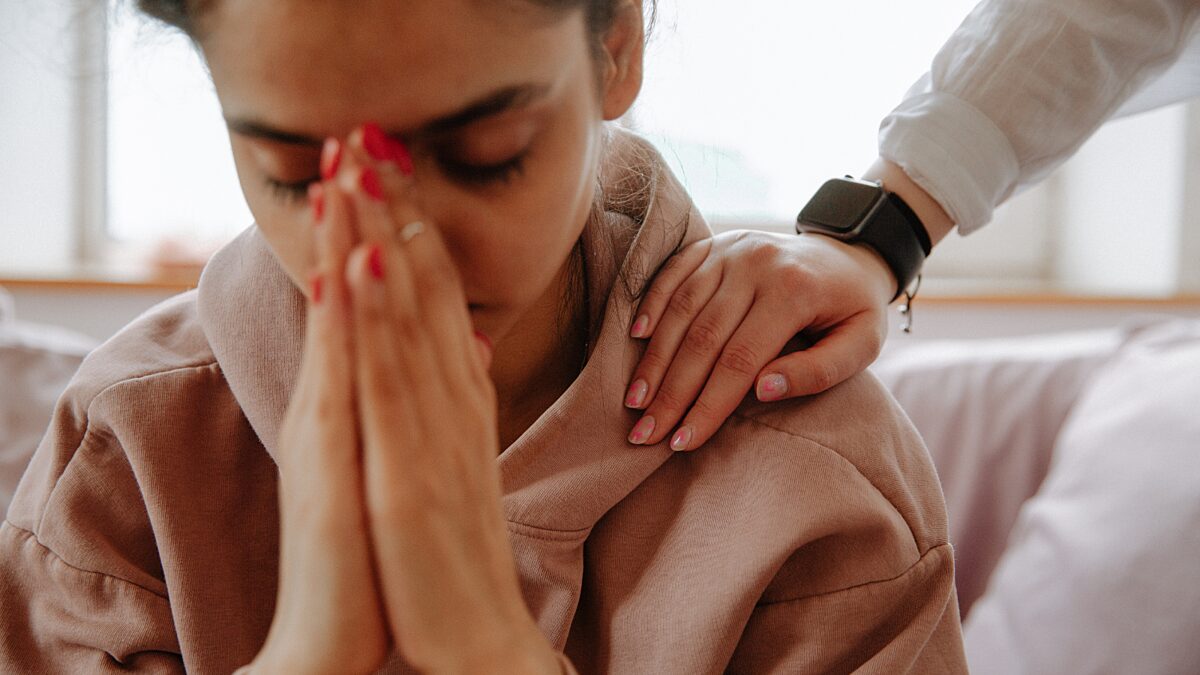
It’s up to us
By Jessica Brodie
As we read in the Advocate’s front-page article, “Scouting and the UMCSC: A New Future,” Boy Scouts of America was forced to file bankruptcy after tens of thousands of sexual abuse claims were filed against their organization … some of the situations occurring within our own United Methodist churches.
Scouting has contributed so much good in communities across the nation, from helping boys and girls learn valuable skills to launching community service projects. Yet out of this good place, some evil happened. People were hurt, abused—and silenced.
As a longtime scouting partner organization, the UMC will not only be contributing damages toward the abuse survivors, but also reevaluating our Safe Sanctuaries policy to make sure it is strong and able to help the church protect children, youth and other vulnerable people.
The Advocate applauds this review and encourages all churches to step up and get involved when the time comes.
Churches should be safe spaces. When we enter a church, just like when we enter a school, most of us feel a reasonable expectation that we are entering a place where no harm is supposed to occur. A lot of that assumption has to do with the inherent trust we place in such institutions.
But sometimes that trust is violated. That’s why establishing systems and policies where children and other vulnerable individuals are not alone with an adult is important. Screening those adults allowed within their midst is also important. And creating a culture of awareness and attention to this is critical.
We can’t always assume that when churches have policies, they’re enacted. Sometimes churches have policies and yet they sit on the shelf, forgotten, just another box checked. Sometimes churches do the training but halfheartedly, or our policies are so outdated they don’t go far enough.
Not every church in the UMC is big enough to have an entire committee or staff member dedicated to this. Some of our local churches have 10 people in worship. Others have 50.
But even those churches that have 100 or 1,000 or more members cannot assume someone else is going to take responsibility for this. The protection of our vulnerable individuals is a responsibility we all need to share. It’s not just the pastor, the church council chair or the children’s minister. It’s all of us.
We need to ask questions: What is our Safe Sanctuary policy? Is it still effective? Do we need to update it? Has everyone been trained?
Evil happens even in the best circumstances. But when we take steps to minimize it through Safe Sanctuary policies and an emphasis on talking about abuse and awareness, things change. Good happens.
Trust can be restored.
It cannot change the trauma of sexual abuse. But it can establish a better culture of trust and accountability in a place that should be the safest of all: God’s church.